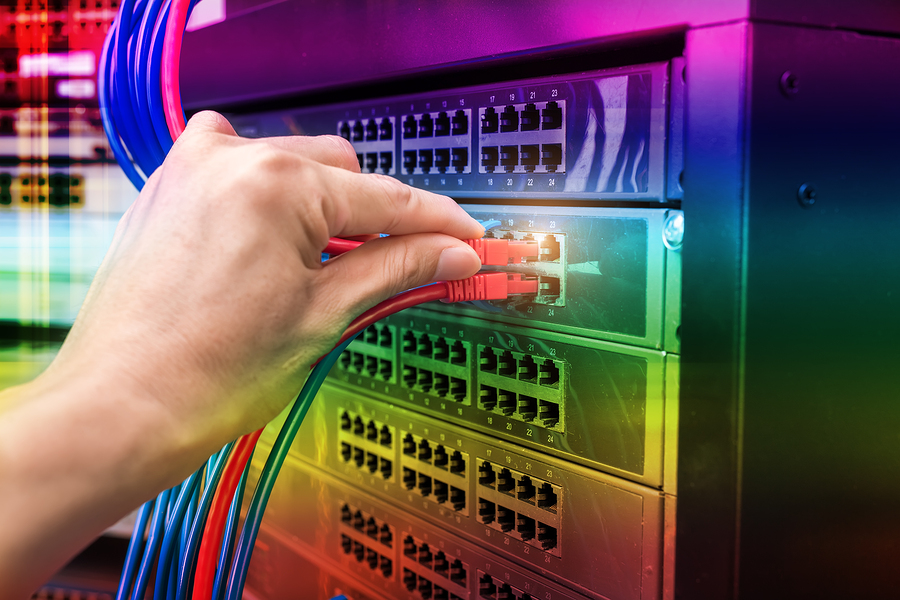
It used to be that the only 犀利士
way you could go online was by using the phone lines. Phone lines were already everywhere by the time the internet came around, so it made sense to use that infrastructure. It meant that you couldn’t make or receive calls while you were online unless you had a second line, but it’s not like you had any other options. (more…)
